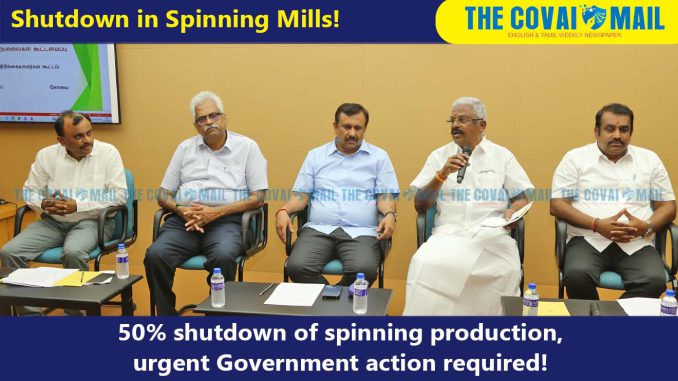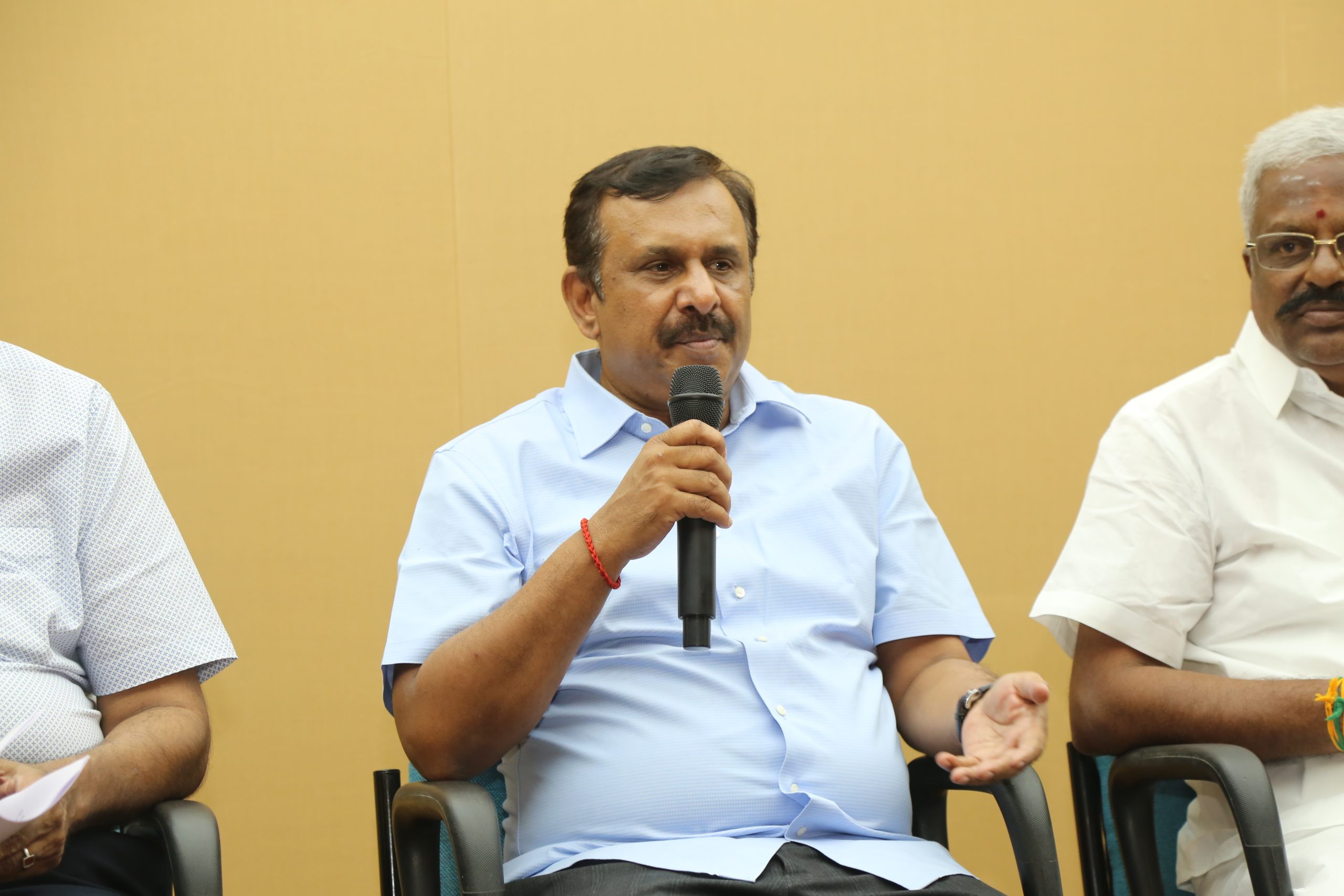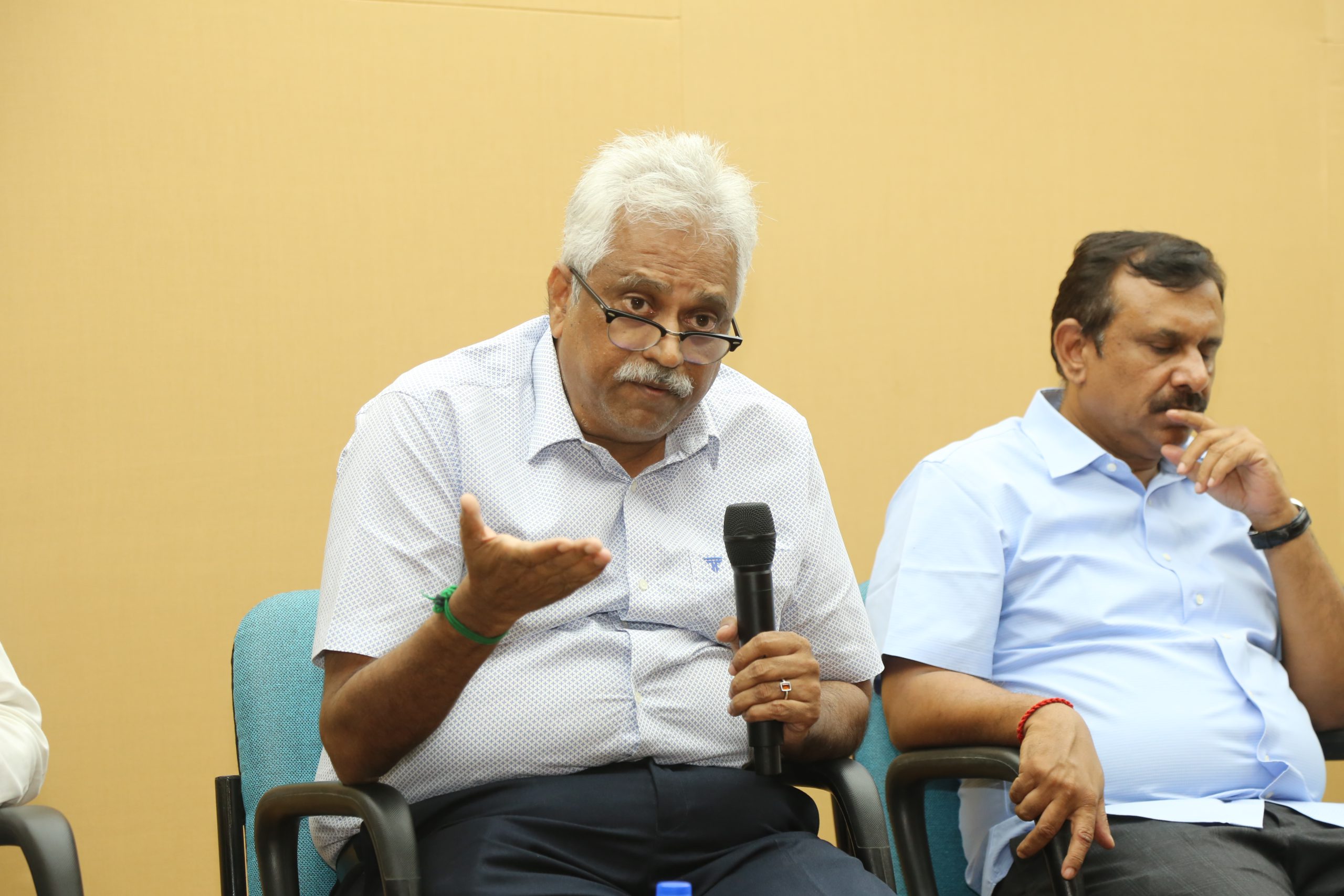
The South India Spinners Association (SISPA), Open End Spinning Mills Association (OSMA) and Recycle Textile Federation organized a meeting to address their concern about the current situation of the spinning mills to the Government. This meeting was held at the Indian Chamber Commerce Hall, Coimbatore. The administrators and heads of the association participated and stated their queries.

Spinning mills in the textile industry are in crisis due to factors such as the global economic recession, excess supply, low yarn prices, and unrestricted imports and so they’re going to stop 50% of spinning mills’ production. This has resulted in cash losses, low capacity utilization, and threatens the sustainability of the spinning industry and becomes non-competitive.

They stressed that the current situation is worsened by increased interest rates, rising electricity tariffs, repayment burdens from short-term loans obtained during the pandemic, inflation of costs, and higher production costs compared to international manufacturers. Spinning mills are struggling to repay bank loans and may become non-performing assets (NPAs), affecting both the mills and banks. These issues were mainly because of the import of yarn for the lowest price in Bangladesh. “There is a difference of 5 to 6 rupees between that imported yarn and our country’s own yarn,” officials said.
Tamil Nadu’s spinning industry’s failure would pose a significant risk to the entire textile value chain and the agricultural backbone of the country’s economy. Spinning mill owners are appealing to the Government of India and the Government of Tamil Nadu for immediate action.

Their appeals to the Government of India include reducing bank interest rates, loan restructuring, providing fresh loans with extended repayment periods and lower interest rates, promoting yarn and fabric exports while monitoring imports, and supporting self-reliance and Make in India initiatives.
The appeals to the Government of Tamil Nadu include revising electricity charges, preventing tariff increases, promoting green energy with subsidies, abolishing rooftop solar network charges, and reverting demand charges to previous rates.
Failure to address these demands could lead to job losses, revenue decline, and permanent closure of MSME spinning mills, severely impacting workers’ livelihoods and the economy.



